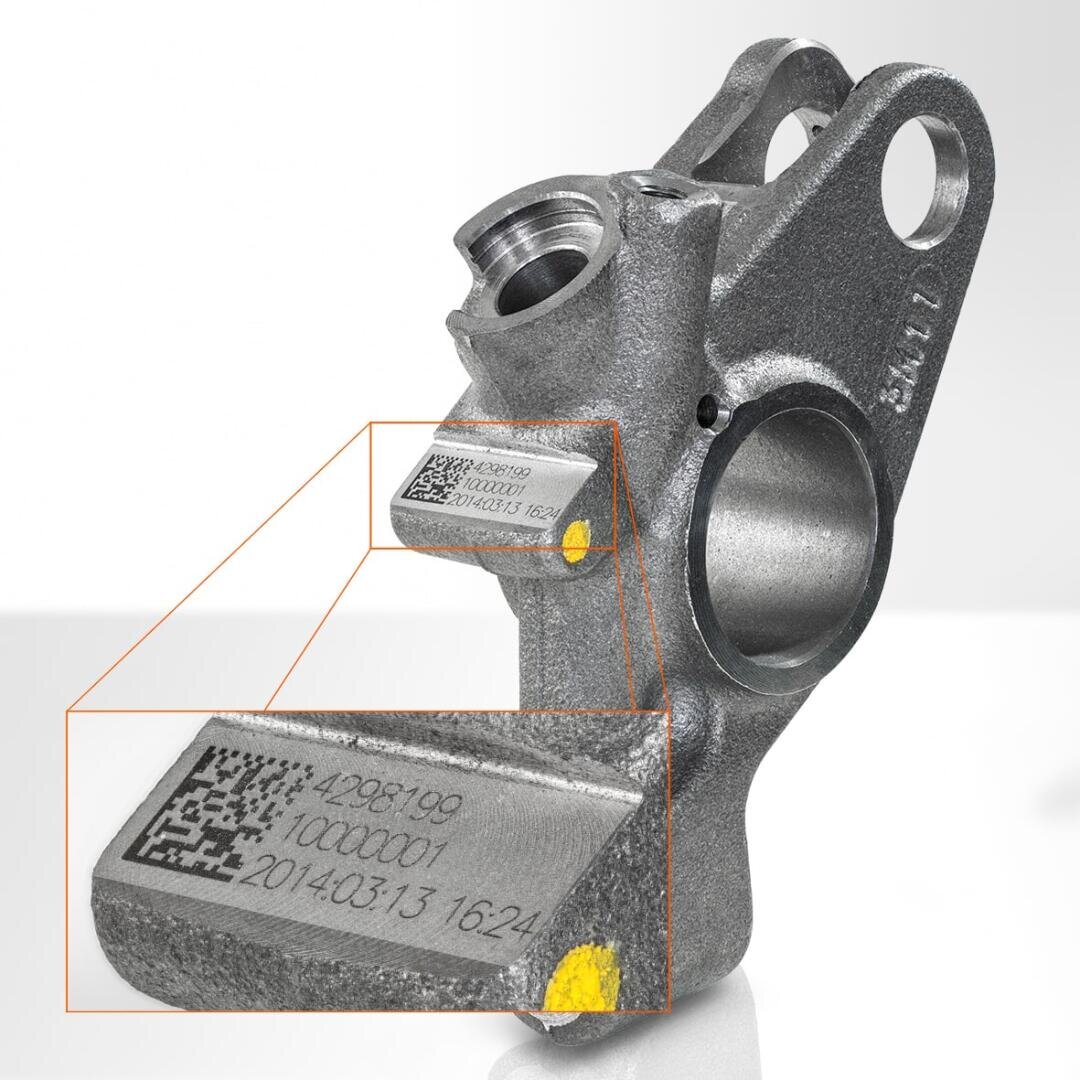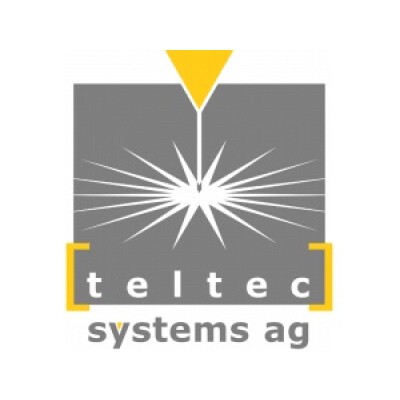Automated validation saves 45 seconds per part
FOBA provides marking solutions to make components traceable throughout the entire production process. This means a significant improvement in product quality and process reliability.
The broad range of solutions FOBA marking lasers provide for automotive part traceability goes far beyond the pure laser marking of an identification code. Particularly important, what sets the FOBA solution apart from its competition, is its unique three stage closed-loop marking process HELP (Holistic Enhanced Laser Process) that covers part verification prior to marking, laser marking, and then validation of traceability codes directly after marking with just one marking laser station.
Jacobs Vehicle Systems moves to 100% part validation on engine brakes by installing FOBA laser marking stations with integrated vision inspection.
Traceability, the capability of tracking goods along the supply chain, provides real-time information on where, how, and by whom parts are produced and integrated. Such an approach provides means of reducing, controlling, or eliminating recalls during production processes.
On previous processes of rocker arms, products had been marked and validated in a two-step process. First, the operator loaded the part in the laser marker and got it marked which usually took 10 seconds; then the part was taken to a nearby located vision grading station in order to verify the 2D code grade which took another 45 seconds. This additional, timeconsuming step impacted productivity. That's why Jacobs has not been verifying 100 % of the parts but only some 20 per day and only during breaks. Moving to a fully automated solution improved cycle time, guaranteeing 100% validation. This
option was very attractive for Jacobs.
Automated validation saves 45 seconds per part
An example of a traceability challenge is Jacobs Vehicle Systems Inc. in Bloomfield, Connecticut, a manufacturer of diesel and natural gas engine retarding systems and valve actuation mechanisms.
After the evaluation of possible technologies to improve performance and cycle time, Jacobs opted for the laser marking capabilities of Foba because of its Intelligent Mark Positioning (IMP) vision alignment technology. Foba lasers provided some clear advantages to the manufacturing requirement of the commercial truck industry.

